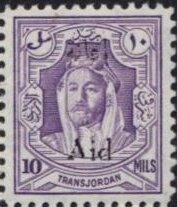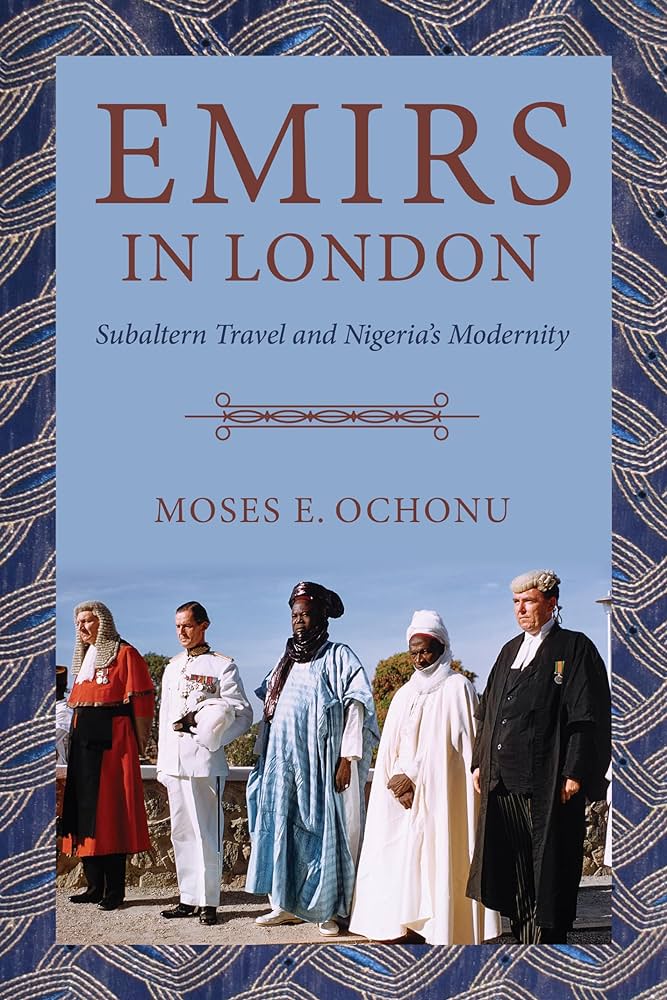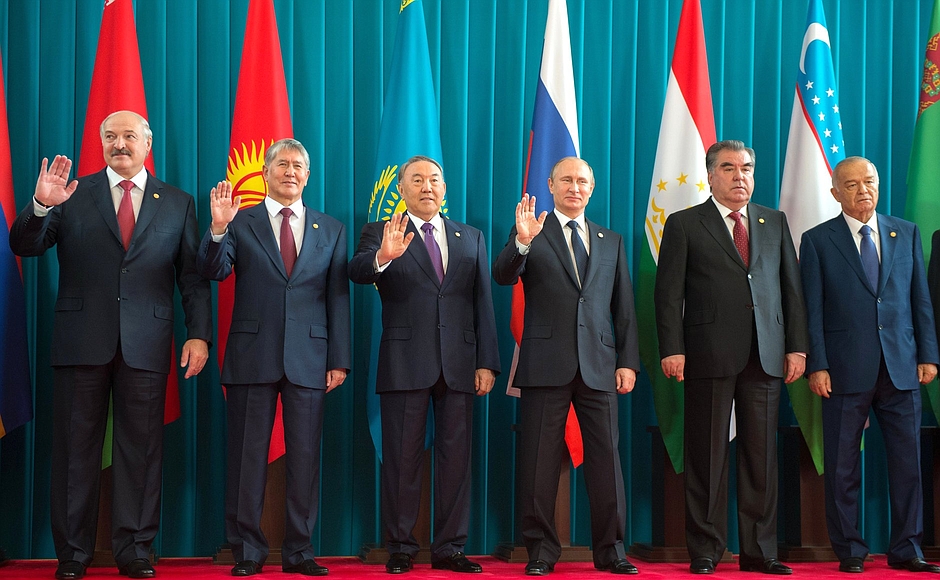Stamp: Amir Abdullah Ibn Hussein, ovpt. (Jordan 1950)
Amir Abdullah Ibn Hussein, ovpt. (Jordan 1950)
18 November (Jordan ) within release Help for Palestine goes into circulation Stamp Amir Abdullah Ibn Hussein, ovpt. face value 10 Palestine mil
| Stamp Amir Abdullah Ibn Hussein, ovpt. in catalogues | |
|---|---|
| Michel: | Mi: JO Z14 |
| Stamp Number: | Sn: JO RA24 |
| Stanley Gibbons: | Sg: JO T291 |
Stamp is square format.
Also in the issue Help for Palestine:
- Stamp - Amir Abdullah Ibn Hussein, ovpt. face value 10;
- Stamp - Arch and Colonnade, Palmyra, Syria, ovpt. face value 10;
Stamp Amir Abdullah Ibn Hussein, ovpt. it reflects the thematic directions:
Emir (/əˈmɪər, eɪˈmɪər, ˈeɪmɪər/; Arabic: أمير ʾamīr [ʔæˈmiːr] , sometimes transliterated amir, amier, or ameer, is a word of Arabic origin that can refer to a male monarch, aristocrat, holder of high-ranking military or political office, or other person possessing actual or ceremonial authority. The title has a long history of use in the Arab World, East Africa, West Africa, Central Asia, and the Indian subcontinent. In the modern era, when used as a formal monarchical title, it is roughly synonymous with "prince", applicable both to a son of a hereditary monarch, and to a reigning monarch of a sovereign principality, namely an emirate. The feminine form is emira (أميرة ʾamīrah), with the same meaning as "princess". Prior to its use as a monarchical title, the term "emir" was historically used to denote a "commander", "general", or "leader" (for example, Amir al-Mu'min). In contemporary usage, "emir" is also sometimes used as either an honorary or formal title for the head of an Islamic, or Arab (regardless of religion) organisation or movement.
A head of state (or chief of state) is the public persona that officially represents the national unity and legitimacy of a sovereign state. In some countries, the head of state is a ceremonial figurehead with limited or no executive power, while in others, the head of state is also the head of government. In countries with parliamentary governments, the head of state is typically a ceremonial figurehead that does not actually guide day-to-day government activities and may not be empowered to exercise any kind of secular political authority (e.g., Queen Elizabeth II as Head of the Commonwealth). In countries where the head of state is also the head of government, the president serves as both a public figurehead and the actual highest ranking political leader who oversees the executive branch (e.g., the President of the United States).


